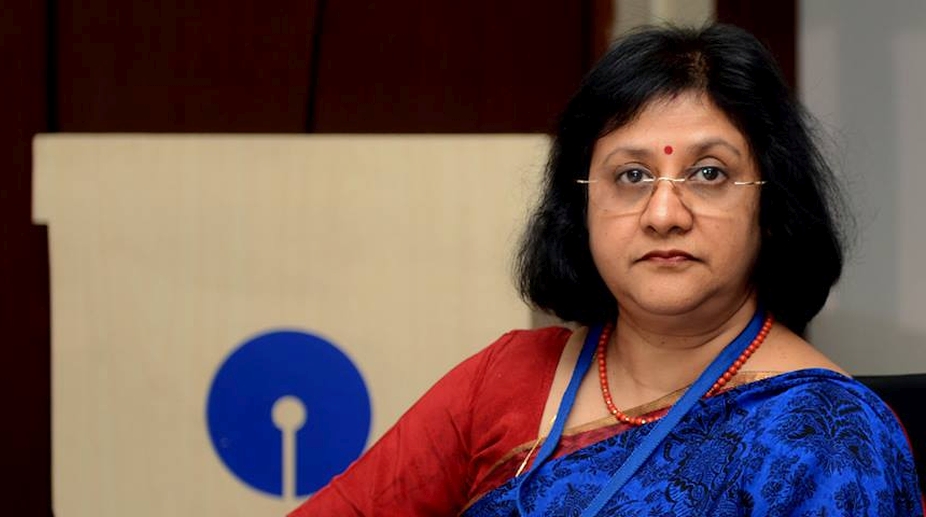State Bank of India, the country's largest lender, on Saturday said most of the nation's bad loans belong to industries that are still in business and banks will probably recover the write-downs when growth turns up and they perform again.
Speaking at a seminar on 'Asian Banking in Challenging Times' here, SBI Chairman and Managing Director Arundhati Bhattacharya said the loans which have turned bad are because they are not producing enough money to cover their interest liability.
Advertisement
And the reasons for that have been huge time overruns, leading to cost overruns, which lead to over leveraged positions, she said.
About 16.6 per cent of loans to corporates – or about 8.4 per cent of the GDP – had been declared non-performing, according to Credit Suisse.
Banks are straddled with anywhere between Rs 9 lakh crore to Rs 12 lakh crore of stressed assets – made up of bad loans, restructured debt and advances to companies that cannot meet servicing obligations.
The government yesterday through an ordinance amended law to give powers to the Reserve Bank of India (RBI) to order banks to initiate insolvency proceedings against defaulters and to create committees to advise them on recovering non- performing loans.
“I still believe we have huge potential in the country. The difference of the NPLs (non-performing loans) this time around is the fact that many of the NPLs are assets that are still working,” she said at the seminar held on the sidelines of annual meeting of the Asian Development Bank here.
To set this NPL cycle right would need dilution of equity, paring down of debt and finally leaving the asset with debt that ensures that it can be sustainably serviced, Bhattacharya said, adding this will ensure that these units get the support to enable them to raise their capacity utilisation.
“In view of the fact that our economy is still growing so there is demand over there which has to be properly nurtured and may be also channelised. If you do that, many of these units will probably come back and the write-downs that we will take will probably, not surely, but probably, we will be able to claw back at some point of time,” Bhattacharya said.
She said the Indian banking sector faces headwinds both in respect of over-leveraged corporate debt and “stiffer” regulatory requirements.
The biggest challenges faced by the regulators, she said, was how to handle the bad debt situation to ensure that the resources are not wasted.
“On the other hand they have to ensure that they are perceived as being conservative and they are perceived as doing the right thing for right reasons. So I think this is the challenge that we as a country have and the regulators have as well,” Bhattacharya said.











